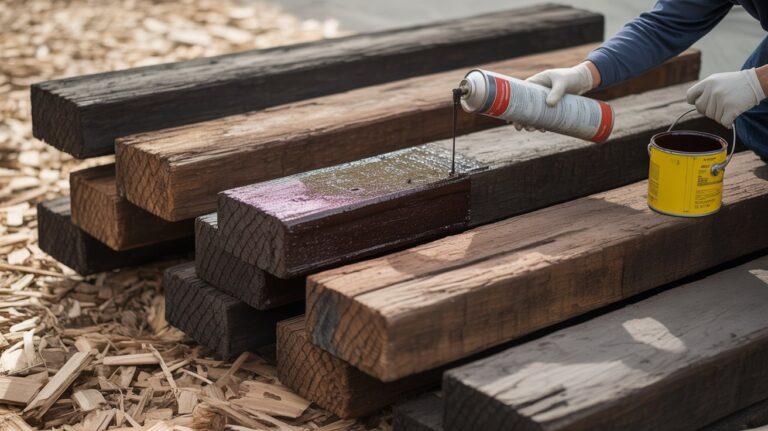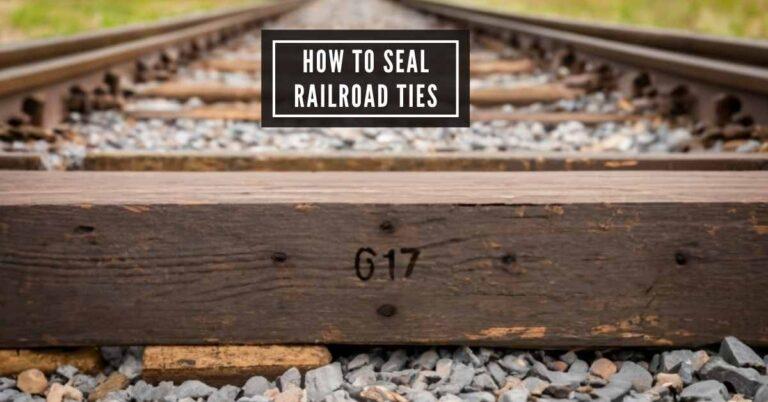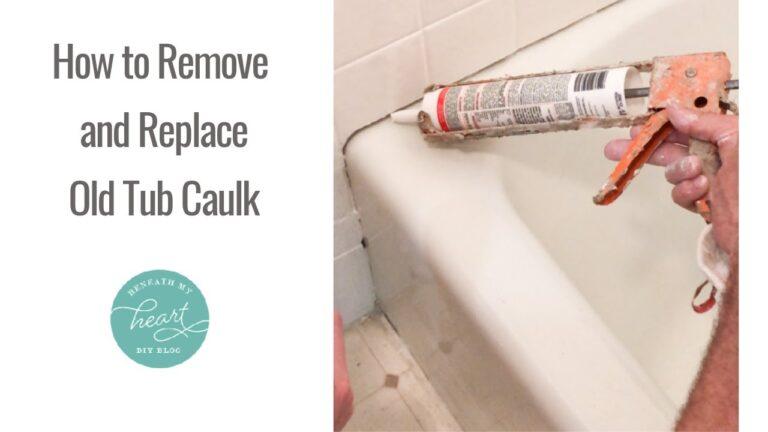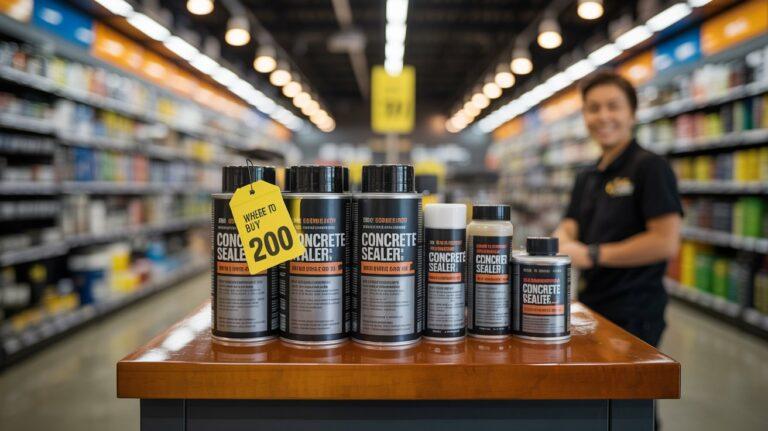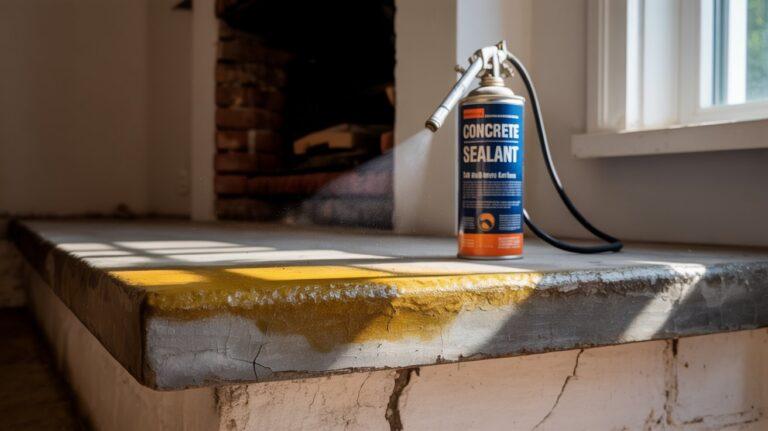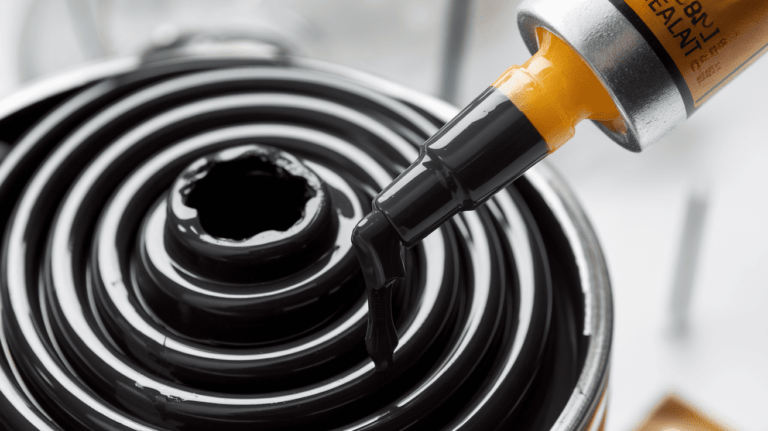When is Best Time to Seal Driveway: Expert Tips
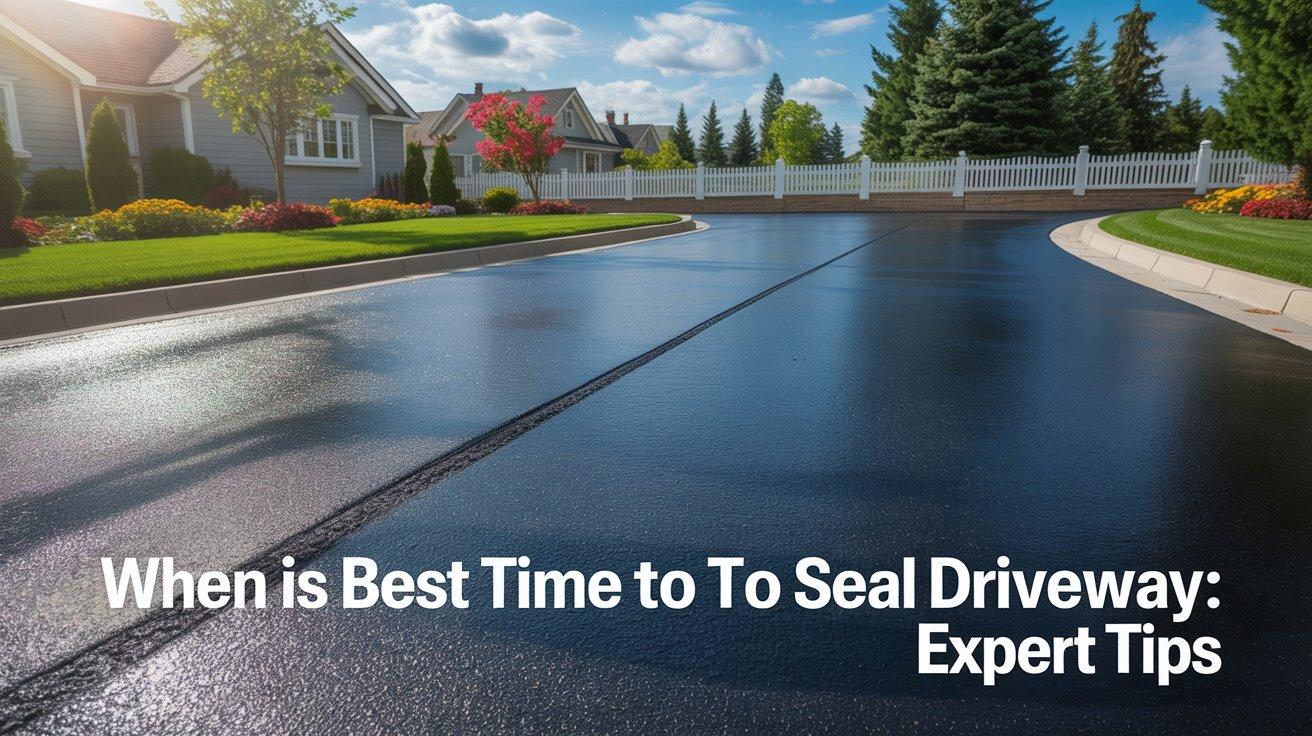
When is Best Time to Seal Driveway Expert Tips guide you to protect your driveway the smart way. Learn simple steps now and keep it strong for years.
Sealing your driveway is important. It helps protect the surface. But when is the best time to do it?
Understanding Driveway Sealing
Driveway sealing is like a shield. It guards against water, oil, and sun. Without sealing, driveways wear out fast. Cracks and holes appear.
Why Seal Your Driveway?
Sealing keeps your driveway strong. It looks nice and lasts longer. A well-sealed driveway stays safe from harm.
Weather and Sealing
The weather plays a big role. It affects when you should seal. Different weather can make sealing tricky.
Importance Of Temperature
Temperature is key. The ideal range is 50 to 90 degrees Fahrenheit. Too hot or too cold is not good.
| Temperature | Sealing Outcome |
|---|---|
| Below 50°F | Sealer may not dry well. |
| 50°F – 90°F | Best for sealing. |
| Above 90°F | Sealer may dry too fast. |
Best Seasons for Sealing
Spring and fall are best. Why? Let’s find out.
Spring Sealing
Spring is great. Temperatures are just right. Rain might be a problem. Check the weather before you start.
Fall Sealing
Fall is also good. The weather is cool. Rain is less likely. But avoid late fall. Cold can come fast.
Why Summer Can Be Tricky
Summer might seem good. But it can be too hot. Heat makes sealer dry fast. This can cause problems.
Heat And Sealing
Hot weather can crack sealer. It dries unevenly. Avoid sealing on very hot days.
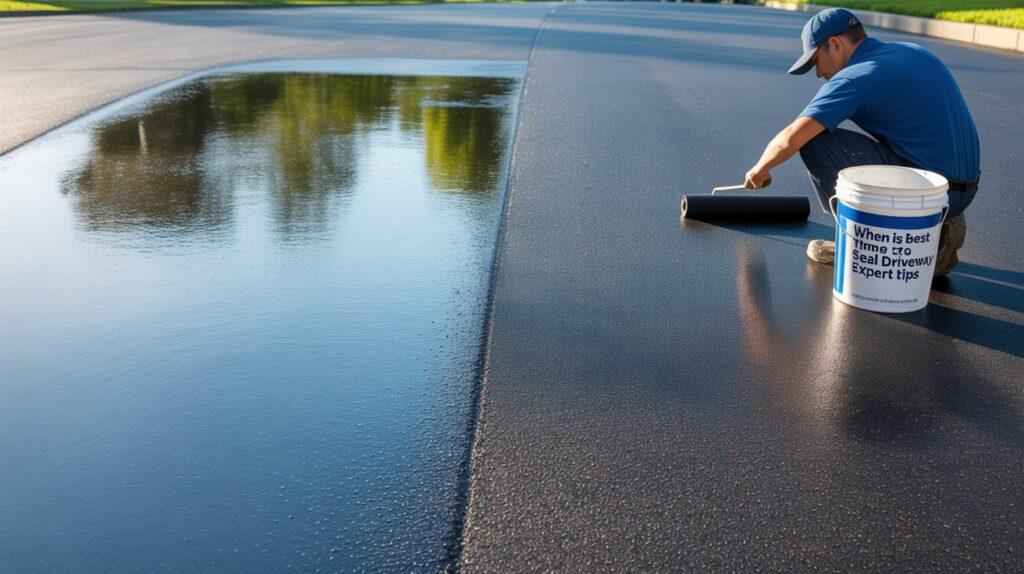
Winter is Not Ideal
Winter is cold. It is not good for sealing. Sealer needs warmth to set. Cold weather can ruin the process.
Checking the Weather Forecast
Always check the weather. Rain can wash away sealer. Make sure rain is not coming soon.
Dry Time is Important
Sealer needs time to dry. Plan for at least 24 hours. Choose days with no rain.
Drying Conditions
Wind can help or hurt. Gentle wind helps dry sealer. Strong wind can cause dust issues.
Steps to Seal Your Driveway
Want to seal your driveway? Follow these steps:
- Clean the driveway. Remove dirt and debris.
- Repair cracks. Use filler to fix them.
- Apply sealer evenly. Use a brush or squeegee.
- Let it dry. Keep cars off until it’s dry.
Choosing the Right Sealer
Not all sealers are the same. Choose one that fits your needs.
Types Of Sealers
- Acrylic Sealer: Good for bright finish.
- Coal Tar Sealer: Long-lasting but strong smell.
- Asphalt Emulsion: Eco-friendly choice.
How Often to Seal Your Driveway
Seal every 2 to 3 years. This keeps your driveway protected. Regular sealing prevents damage.
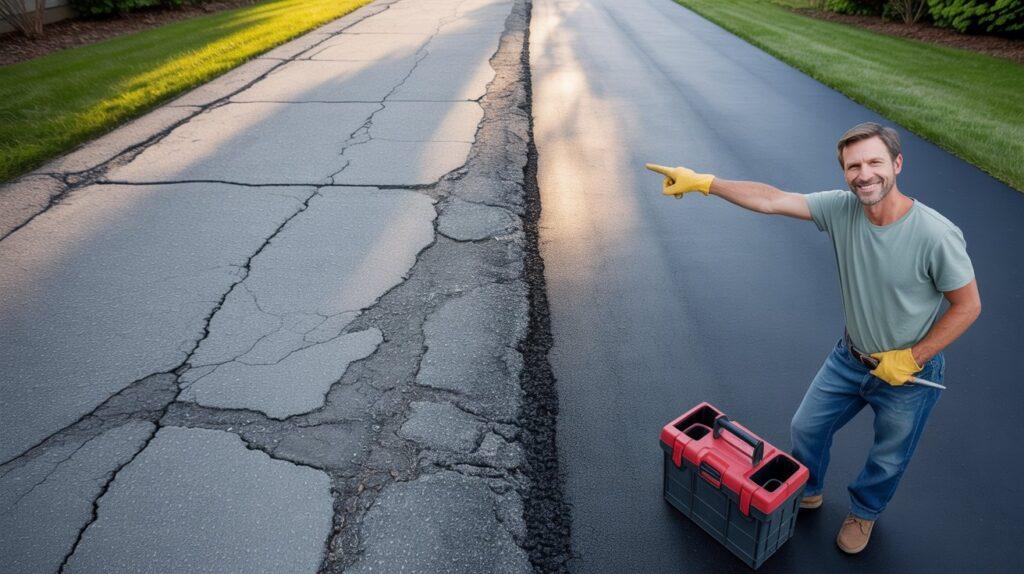
Signs You Need to Seal Again
Look for these signs:
- Fading color.
- Visible cracks.
- Puddles forming after rain.
Frequently Asked Questions
What Season Is Ideal For Sealing Driveways?
Spring or fall is best. Moderate temperatures help the sealant cure properly.
Why Avoid Sealing Driveways In Winter?
Winter’s cold can prevent sealant from bonding well, leading to cracks and damage.
Can Rain Affect Driveway Sealing?
Yes, rain can wash away wet sealant. Seal when the forecast is dry.
How Do Temperatures Impact Driveway Sealing?
Extreme temperatures hinder sealant curing. Aim for 50-90°F for ideal results.
Conclusion
Sealing your driveway is smart. Spring and fall are the best times. Watch the weather and choose the right sealer. Keep your driveway looking great for years.
Read More: Best Time to Seal Asphalt Driveway

Hi Friends, I’m SealerMrinal, your go-to expert for all things sealing. With years of hands-on experience across a wide range of materials—concrete, wood, metal, and more—I bring deep knowledge and practical insights into every sealing project. On my website, I share expert tips, proven techniques, and product recommendations to help you get the best results. Whether you’re tackling a DIY project or seeking professional-grade advice, I’m here to guide you through the art and science of effective sealing.

